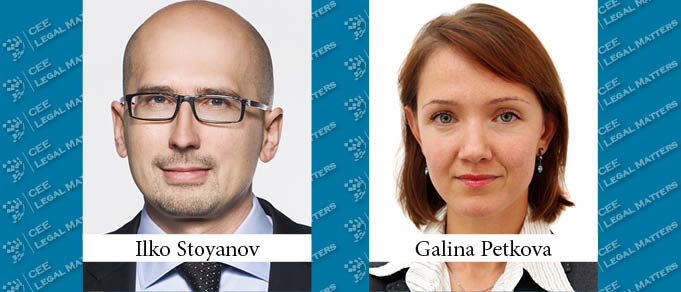Until 2018 the Bulgarian Commission for Protection of Competition had never prohibited a concentration. In 2018, however, in consecutive decisions, the CPC prohibited the acquisition of CEZ by Inercom and the acquisition of Nova TV by the investment group PPF. In 2019 two other transactions – Eurohold/CEZ and Emko/Dunarit – were blocked.
All four prohibitions were appealed (although PPF eventually withdrew its appeal). At the end of July 2020, the decision blocking the Eurohold/CEZ transaction was repealed in the first instance by the Administrative court due to breaches of the administrative rules by the CPC. The decision blocking the Inercom/CEZ transaction remains in force but it seems very likely that it will also be repealed due to procedural breaches.
The decision prohibiting the Emko/Dunarit transaction was upheld in the first instance. Still, that decision came only after the CPC first announced that the transaction was not subject to merger clearance. On appeal, the Supreme Administrative Court held that the CPC had miscalculated the turnover and the case was sent back to it for review with mandatory instructions (and following that review came the prohibition).
These decisions make us wonder how strictly the CPC applies the law and its own procedures, and whether a “No” in a merger control case (both “No” for “not allowed” and “No” for “not notifiable”) really means “No” or can easily be overcome on appeal? A review the current practice may provide some insight.
Eurohold/CEZ Prohibition: On October 3, 2019, merger control proceedings for the purchase of CEZ by Eurohold Bulgaria AD were opened. Only seven days later, on October 10, the CPC initiated in-depth proceedings (phase II). Fourteen days later, the CPC prohibited the concentration due to its “conglomerate” effect and the significant combined resources of the acquirer’s and the target’s groups.
On appeal, the Administrative court repealed the prohibition, reasoning that: (1) the prohibition decision was issued 14 days after phase II was initiated, which breached the rule that any interested party can submit its opinion regarding a concentration within 30 days after information about in-depth proceedings appears on the website of the CPC; (2) although the CPC was obliged to send a Statement of Objections (SO) to the notifying party and inform it of the Commission’s preliminary conclusions, the SO was never sent; and (3) Although the CPC must invite parties to offer remedies and actively communicate with them if the CPC concludes that a planned merger will likely impede competition, it did not do so in this case.
As a result, the Administrative Court concluded that the CPC had formally opened in-depth proceedings but entirely omitted the phase of in-depth investigation, thereby breaching Bulgarian law and the EC Merger Regulation. The case was returned to the CPC, with mandatory instructions by the court. The court’s decision is subject to a second and final appeal before the Supreme Administrative court.
Inercom/CEZ Prohibition: On July 19, 2018, within phase I proceedings, the CPC prohibited the sale of CEZ to Bulgaria’s Inercom. A prohibition decision, however, is not among the types of decisions that the CPC can issue within the preliminary investigation phase. Currently, the prohibition decision is being appealed in the first instance and the case is awaiting a decision by the court. Due to the major procedural breach, it seems very likely that this prohibition decision will also be repealed. If so, and the case is returned to the CPC, CEZ would be in the interesting position of having two potential acquirers in two parallel pending merger control proceedings.
Emko/Dunarit Prohibition: After first ruling that the transaction did not require notification, the CPC, in its second decision, prohibited the concentration. The remedies proposed by the acquirer, however, were not discussed since, according to the CPC, they were submitted after the deadline. Considering the court’s decision regarding Eurohold/CEZ, however, it seems likely that the prohibition will be repealed by the Supreme Administrative Court since the CPC never invited Emko to submit remedies and refused to discuss them for purely administrative reasons.
These decisions are not a step in the right direction for Bulgarian competition law and practice, and certainly make it questionable as to whether any of the “No’s” prohibiting concentration can survive the test of appeal.
By Ilko Stoyanov, Partner, and Galina Petkova, Attorney at Law, Schoenherr Sofia
This Article was originally published in Issue 7.8 of the CEE Legal Matters Magazine. If you would like to receive a hard copy of the magazine, you can subscribe here.


